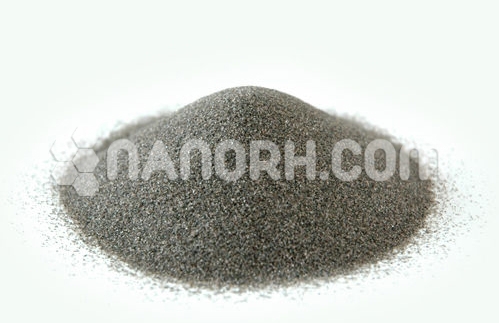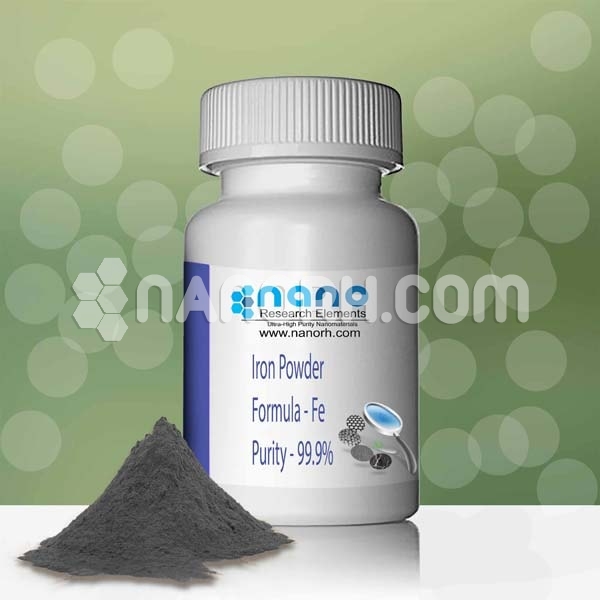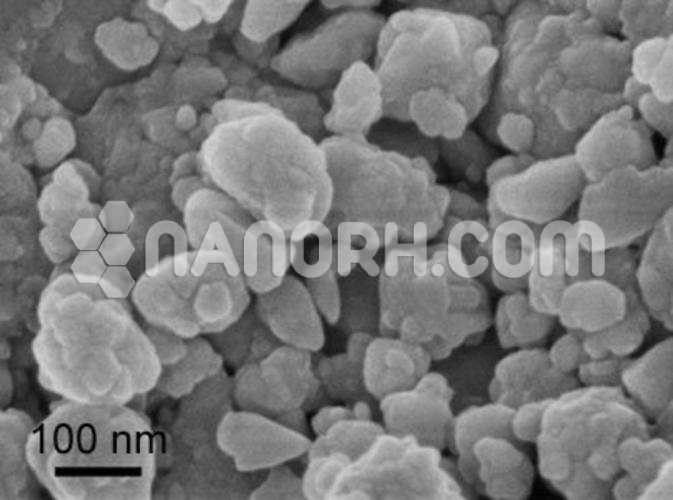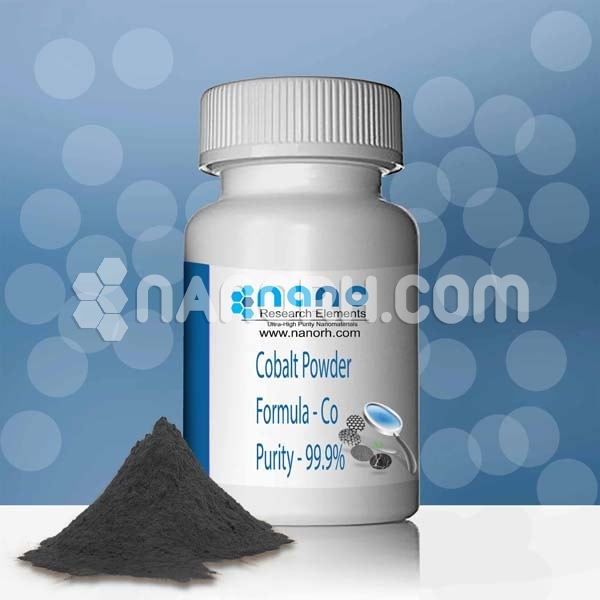| Titanium Carbide Powder | |
| Product No | NRE-11257 |
| CAS No. | 12070-08-5 |
| Formula | TiC |
| Molecular Weight | 59.89g/mol |
| APS | <40 um(can be customized) |
| Purity | 99.9% |
| Density | 4.93g/cm3 |
| Color | Black |
| Melting Point | 3160°C |
| Boiling Point | 4820 °C |
Titanium Carbide Powder
Introduction:
Titanium Carbide Powder is a ceramic compound composed of titanium (Ti) and carbon (C). It is a highly durable and versatile material known for its exceptional hardness, high melting point, and resistance to wear, making it a crucial component in various advanced engineering applications. Titanium carbide is classified as a transition metal carbide and has a cubic crystal structure, which contributes to its impressive physical properties.
In its powder form, titanium carbide is used extensively in industries requiring materials that can withstand extreme conditions such as high temperatures, high pressures, and abrasive environments. The powder is typically produced through methods like chemical vapor deposition (CVD), physical vapor deposition (PVD), or high-energy ball milling, which allow for the production of fine, high-purity TiC particles.
General Features:
1. The product has a particle size distribution of high purity and narrow field. In addition, the product has good conductivity and an inert chemical capacity to steel and iron.
2. The melting point of the product is about 3200 ° C. It is an essential component of cemented carbide with high hardness, corrosion resistance, thermal stability, etc. In addition, it is often used in the production of wear-resistant materials, cutting tools, molds, metal melting crucibles and many other fields.
Titanium carbide is widely used for the production of hard alloys, cutting tools and carbide steels because of their unique properties, such as high melting, extreme hardness, low density, and high corrosion and oxidation resistance. Recently, the requirements for powders, including titanium carbide, have changed with the development of modern ceramic engineering. Submicronic and nano-dimensional powders appeared at the center of scientific attention because of their superior mechanical properties, such as resistance, tenacity and creep resistance.




